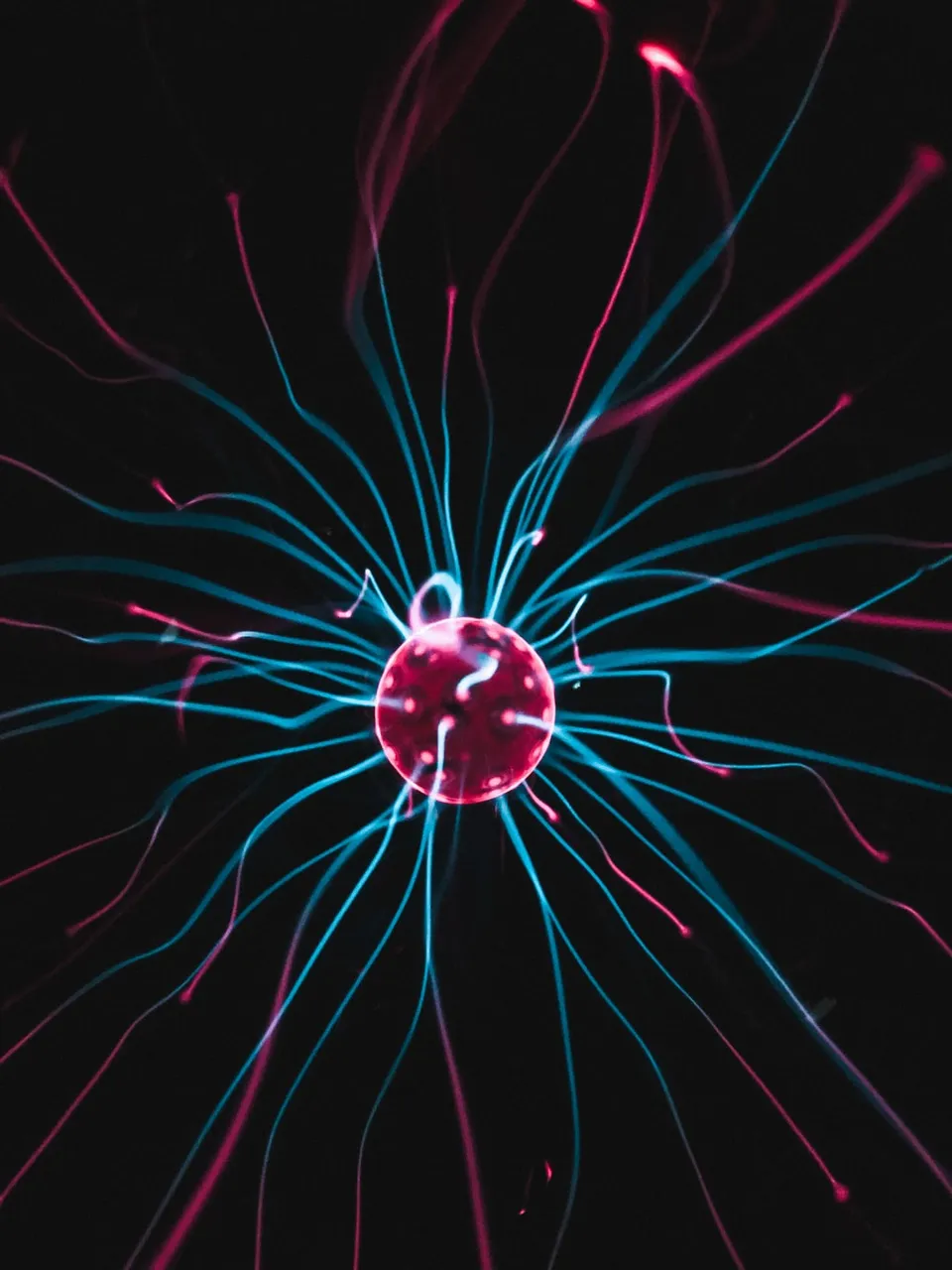#Atoms and #molecules are the parts that make up our world. In order to explain how the world of these tiny particles works, quantum theory, that is, the micro laws of the micro world, has been developed. Austrian physicist #Ernest #Shrödinger made important contributions to #quantum #mechanics and won the #Nobel #Prize in 1933 for his work in this field and the Schrödinger Equation.

Image Source 👇
https://unsplash.com/s/photos/quantum
In this way, the doors of the world of atoms and subatomic particles were opened to us and the change in our lives began with the first revolution created by quantum technology. Today, quantum theory now lies at the core of all the technology around us, from making our smartphones smart.
When quantum mechanics is mentioned, the "Young Experiment", which shows that matter and energy can exhibit both wave and particle properties at the same time, and "Schrödinger's Cat Thought Experiment", which is defined by Ernest Schrödinger, which talks about the possibility of two states occurring at the same time come to mind.
As mentioned by these two experiments, quantum mechanics shows that not everything can be explained by classical physics, and that quantum physics is a door to a completely different world. By using these features of quantum mechanics on electronics and computers, a very different operation from classical computers has been achieved. The difference between classical computers and quantum computers lies entirely in their working principles.
While classical computers perform calculations linearly, using bits identified by 1 and 0, quantum computers use quantum bits, qubits, instead of traditional 1s and 0s. Here we see the effect of the "superposition" approach mentioned in the Schrödinger's cat experiment.
Second quantum revolution investments and artificial intelligence
That is, qubits allow a large number of possibilities because they can be 1 and 0 at the same time. Thanks to this increasing number of possibilities, quantum computers have the power to compute much faster than classical computers by calculating all probabilities at once. Thanks to these features, quantum computers have such a great potential to produce tens of thousands of answers in as little as one second, especially for solving complex problems involving many independent variables.
📌Contribution of Quantum Technologies to Artificial Intelligence
With the use of quantum computers, which have the capacity to process a huge amount of information in a very short time, the way to process large data sets is opened. There is no doubt that this will support artificial intelligence and machine learning studies used in big data analysis and play a vital role in their development. And so we're starting to hear the footsteps of the second quantum revolution.
Thanks to these computers, I think that in the future, the entire business system of human beings will be carried to very different dimensions, and the use of it in areas such as the defense industry, banking sector and encryption will increase to a great extent.
Considering that in the near future, unmanned aerial vehicles, homes, autonomous vehicles, IoT (internet of things) devices will be connected to the internet, this technology will be seriously needed in the field of cloud computing to analyze the increasing data volume. For example, studies in the health sector will also cover areas such as drug making, diagnosis of diseases, and solving the system of difficult viruses.
For all these reasons, studies on quantum computers are gaining momentum day by day.
📌Quantum Ecosystem Investments of Countries
The huge increase in both the work on quantum computers and the investments made in this field in recent years indicates the formation of an important ecosystem related to this technology. Many countries increase the funds and support allocated to projects in this field with the programs they broadcast.
#QURECA, Quantum Resources & Career research reveals the extent of countries' investments in this area.
According to the research;
#Canada has invested more than $1 billion in research over the past decade.
The National Quantum Computing Center was established in the #UK in 2018. The first phase of studies in this area was completed in 2015-2019 and it has now passed to the second phase. More than $1 billion has been invested so far.
Many universities in the #Netherlands, which published a national agenda for quantum technology studies in 2019, continue to work in the field of quantum internet, quantum algorithms and encryption.
#Germany allocated 650 million Euros for the Quantum Technologies Program announced in 2018 and announced that it plans to invest 1 billion Euros until 2028.
#China, which started its work in the field of quantum technology in the late 90s, aims to expand its quantum communication infrastructure by 2030. According to uncertain figures, it is thought that the Chinese government has invested close to 19 billion dollars in this area.
#Russia, on the other hand, announced in 2019 that it will set aside 663 million dollars for laboratory studies in the next 5 years.
The amount of investment made by #Japan in this field is around 280 million dollars.
When we look at the results of this research, we can see more clearly that many countries have focused on contributing to the realization of the second quantum revolution within the framework of numerical values.
